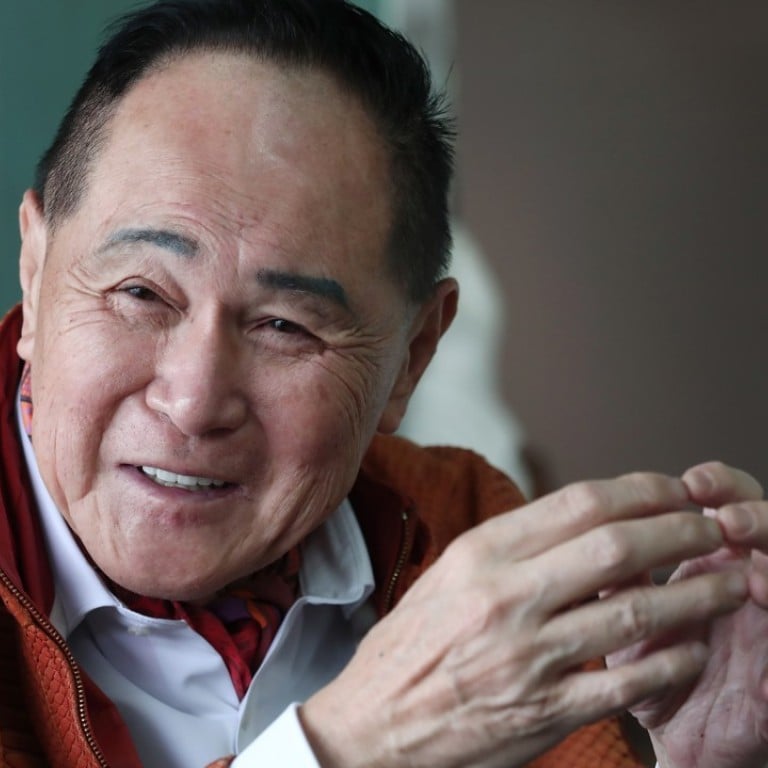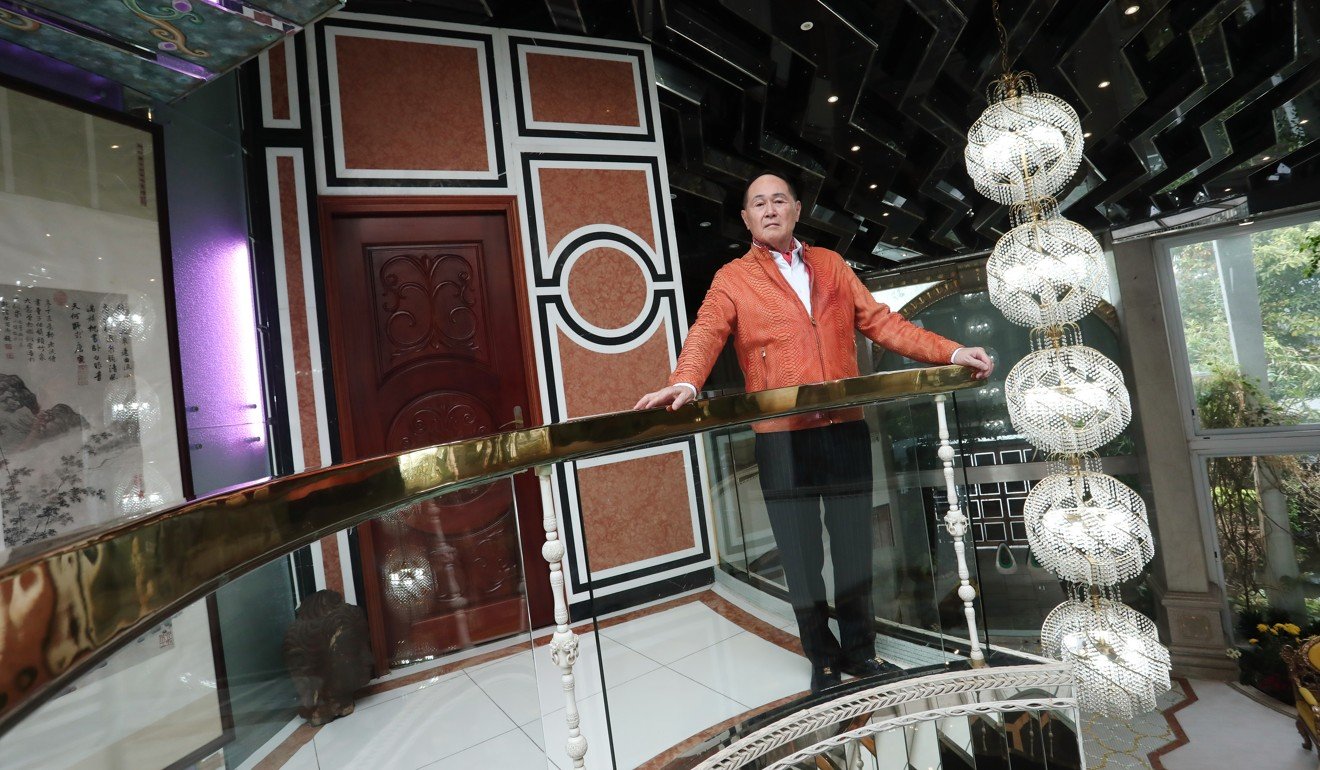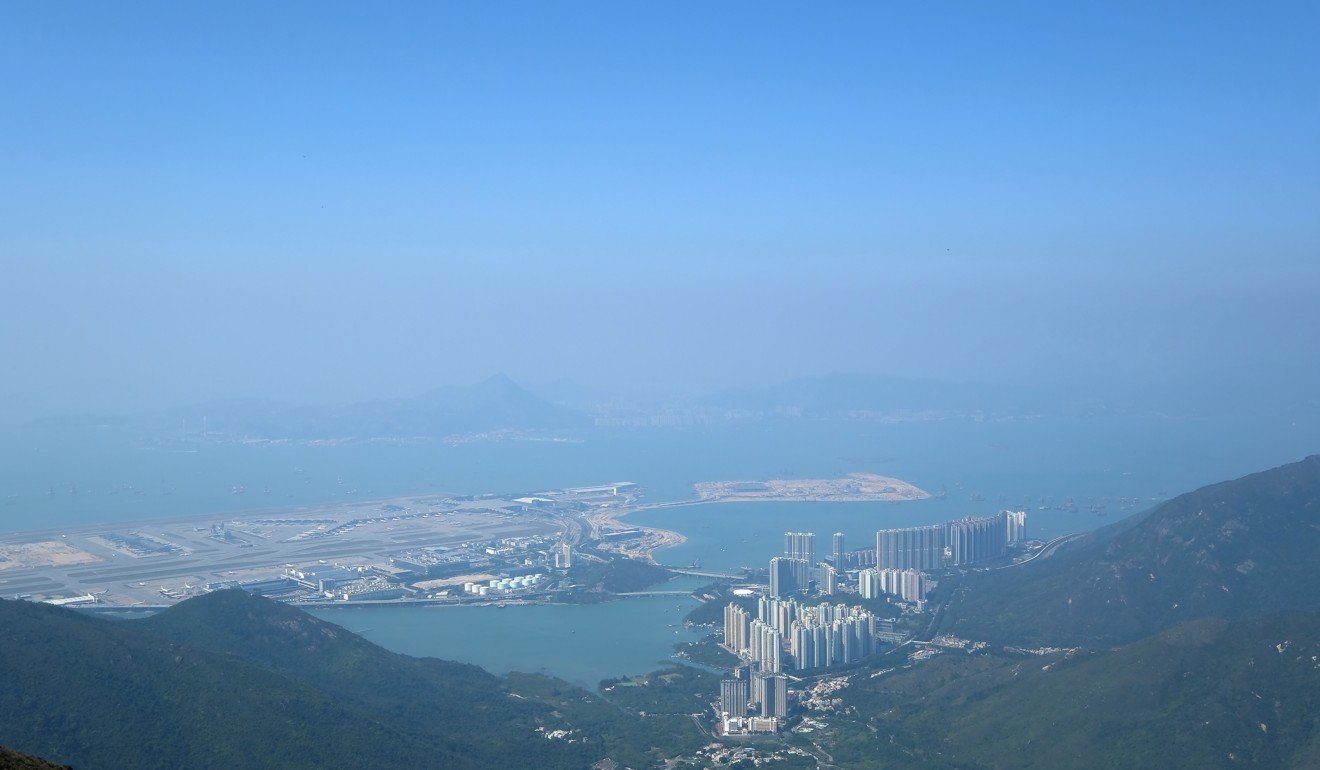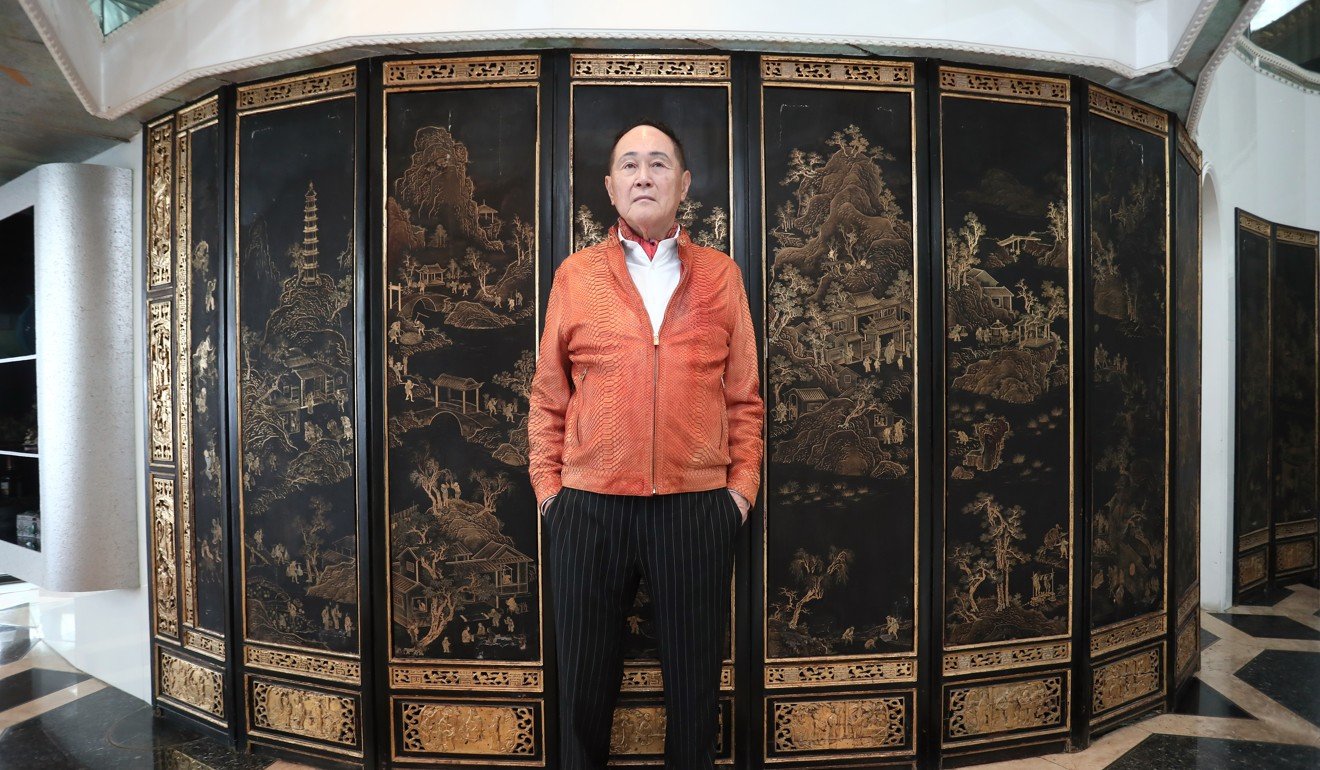
Cecil Chao: Hong Kong government needs more land for affordable homes
Playboy property mogul tells the Post more public housing is needed for the city’s poor
Hong Kong’s “playboy” property tycoon Cecil Chao Sze-tsung has called on the government to source more land to build affordable flats to ease the city’s housing crisis, even at the cost of private developers’ share of the pie.
Speaking to the Post in his palatial 16,000-square foot house named Happy Lodge in Pok Fu Lam, the 81-year-old chairman of Cheuk Nang Group, dubbed “playboy” for his numerous girlfriends, said he would “clap my hands and cheer the government” if it reserved between 70 per cent and 90 per cent of its land resources for developing public-sector housing, instead of 60 per cent at the moment.
“[Hong Kong] is definitely facing a housing crisis,” Chao said, sitting in the host’s position at his long banquet table that could seat up to 36 people in bespoke, elaborate high-back chairs. The shiny table, reflecting the dazzling chandeliers above has an ornate candleholder and a tall, emerald porcelain vase. The dining room opens to a balcony, from which Chao can survey his back garden with a swimming pool, as well as the East Lamma Channel and part of Lamma Island.

“People are living in very, very tiny spaces … If you build more public housing people will not be complaining. People are complaining not because they are poor. They can buy enough clothes … and the food is quite cheap. The main thing is housing.
“People take to the street because they have hardship in their lives, because they don’t live well, because they don’t have good housing conditions.”
According to many studies, Hong Kong is the world’s most expensive city to buy a home. Since 2003 private home prices have jumped by 445 per cent. There have been calls for the government to build more public rental housing for the poor, as well as more subsidised flats to sell to the middle-class.
Chao said it did not matter if private developers had less share in Hong Kong’s land resources.
170 Hong Kong households in Sai Ying Pun and Tai Kok Tsui to make way for redevelopment
“People living in private housing are rich enough. They are not as critically in need of housing as people who want public housing … People who are moving from 700 to 1,000 square feet [homes] are not as urgently in need as people who want to move from 200 to 400 [sq ft homes].”
But this would only be achievable if the government solved the shortage of land, Chao said, believing the only way to enlarge the government’s land bank significantly would be reclamation outside Victoria Harbour, such as around Lantau Island.

Chao said the Singapore government was able to provide large and comfortable public flats to almost 90 per cent of its citizens because it had been reclaiming land.
“There could be so much land outside Victoria Harbour, particularly [around] Lantau Island. Why not [reclaim it]? I cannot understand. I used to fly in helicopter on weekends and see Hong Kong is all green and all the buildings are congested in very small areas.”
Singapore has expanded its area by almost a quarter through reclamation since independence in 1965, but this also comes with increasing impacts such as a shortage of sand and damaging aquatic ecosystem.
Hong Kong’s first home offer of 2018 poised to sell out as buyers snap up Wheelock’s Malibu flats
Hong Kong could also follow Singapore’s lead in importing overseas labour to work on construction projects to “build faster and cheaper”, given the shortage of local construction workers. Mainland Chinese labour, for example, cost only 10 per cent of Hong Kong labour prices, he said.
“I’m not saying you should import labour for all construction projects, but at least for public housing and public infrastructure.”
But workers’ rights appeared to be less of a concern to Chao.
“Unbelievable Chinese workers. They work 24 hours a day. They don’t mind working overnight. You can see constructions come up so quickly.
“They can stay on [construction] sites, [in makeshift container homes] or even just putting up their own tents.”

In 2012, Chao gained international fame for offering a bounty of HK$500 million to any man who would marry his lesbian daughter Gigi, even though she had married her long-time girlfriend. Two years later, he doubled the offer to HK$1 billion. Gigi had firmly rebuffed the offer and Chao later said he accepted her decision.
Lawrence Poon Wing-cheung, a property expert at City University, said among the land reserved for public-sector housing, only less than 30 per cent was for subsidised flats to be sold to the middle-class while the rest was for rental housing with a very strict income limit for those under the poverty line.
Cecil Chao paves way for Gigi to take over Cheuk Nang despite lesbian wedding row
Poon said even with higher proportion of public housing land, the proportion of land for subsidised flats must increase as well to solve the problem of unaffordable housing among the vast majority of Hong Kong’s middle class.
Poon, who is also a member of the city’s town planning authority, added that many people opposed new town development plans mainly because they felt new towns would only enable developers to reap profits from new land without providing affordable flats to citizens.
“If there is more land for subsidised flats for sale, it will be much easier for citizens to support new town plans,” he said.

